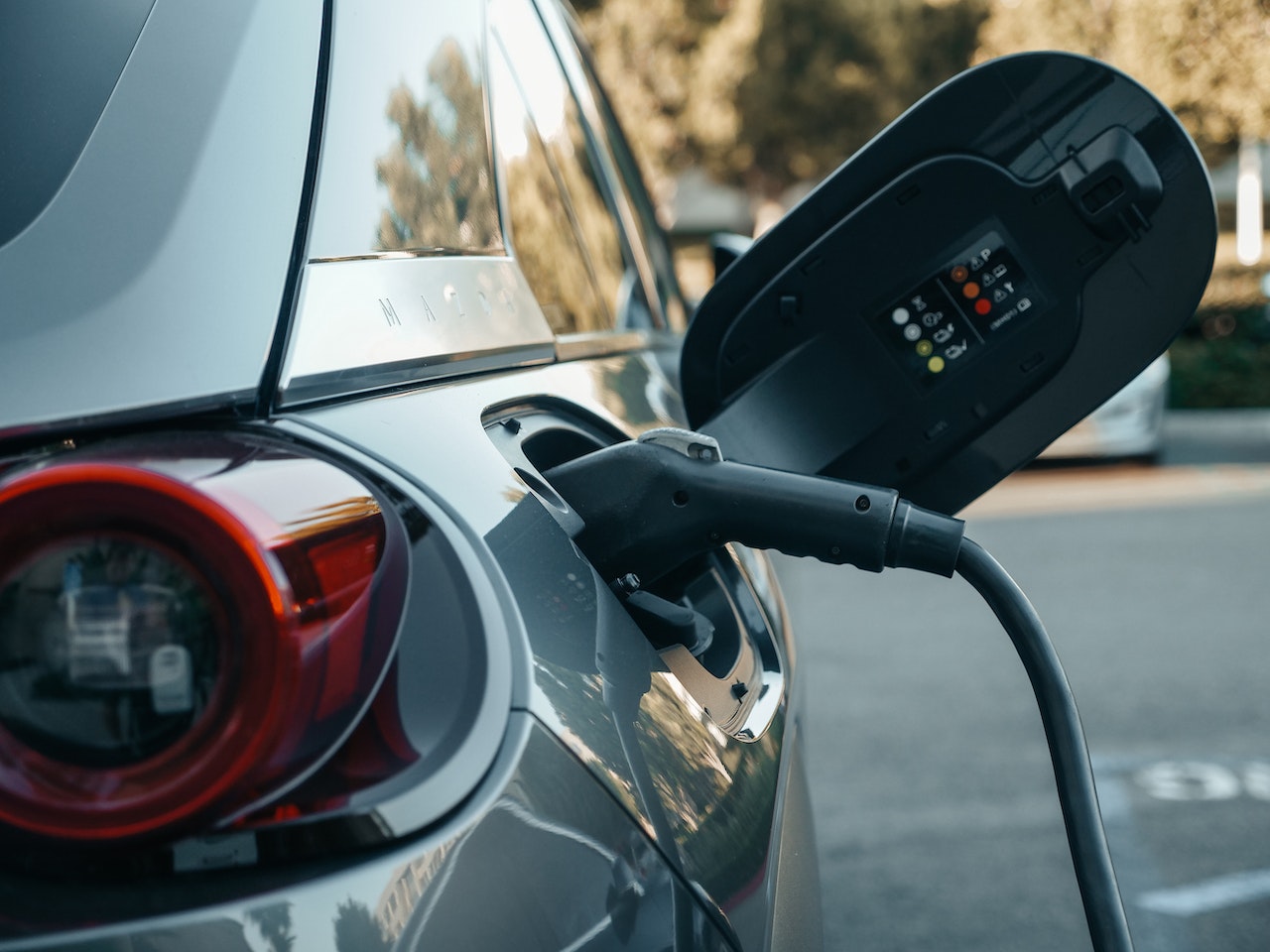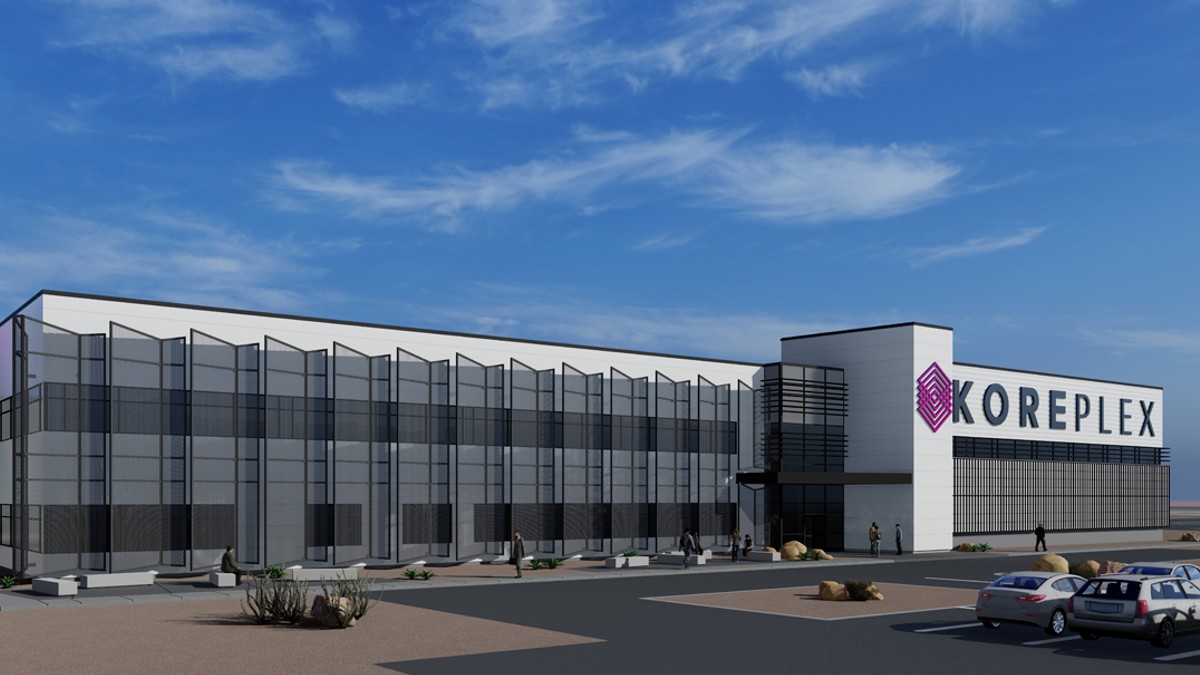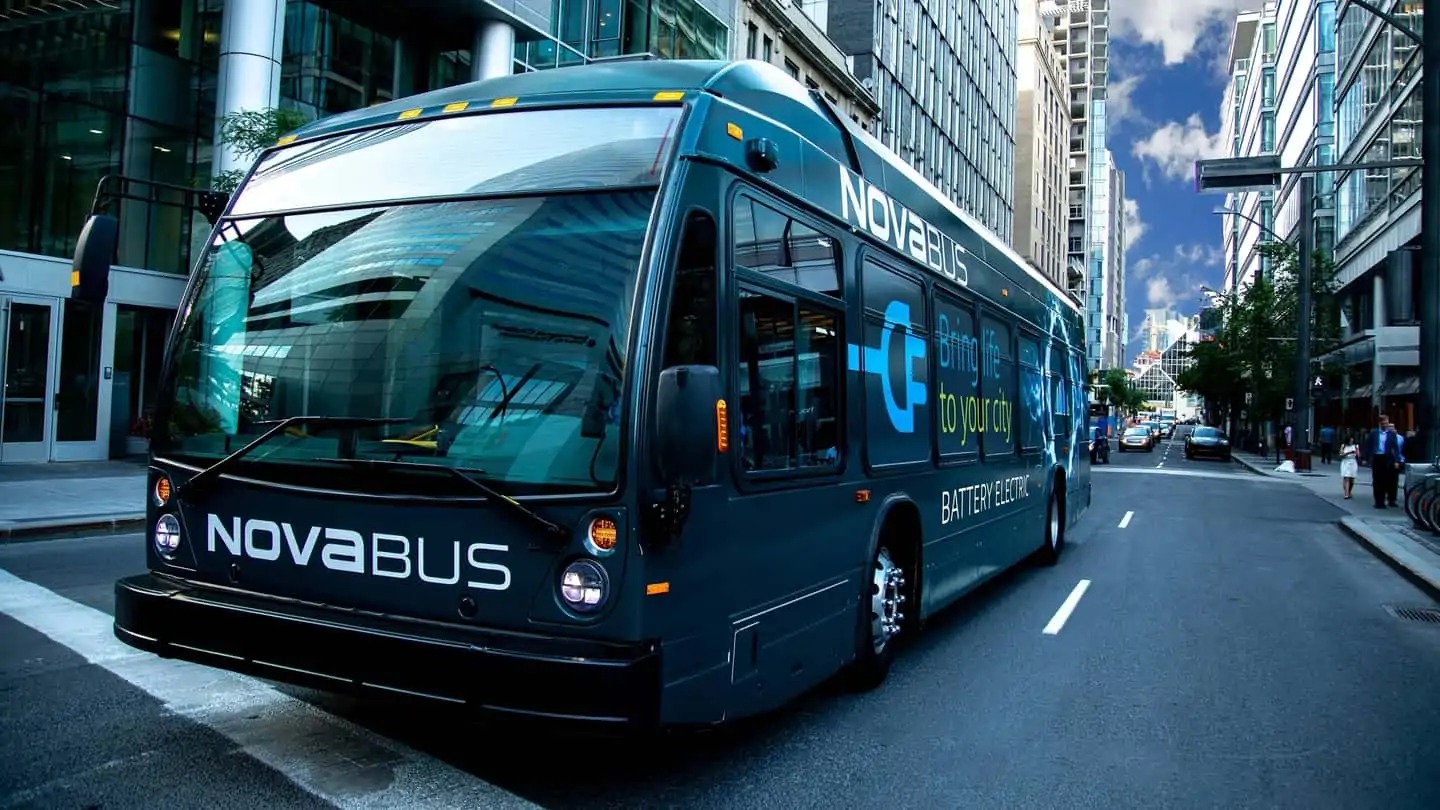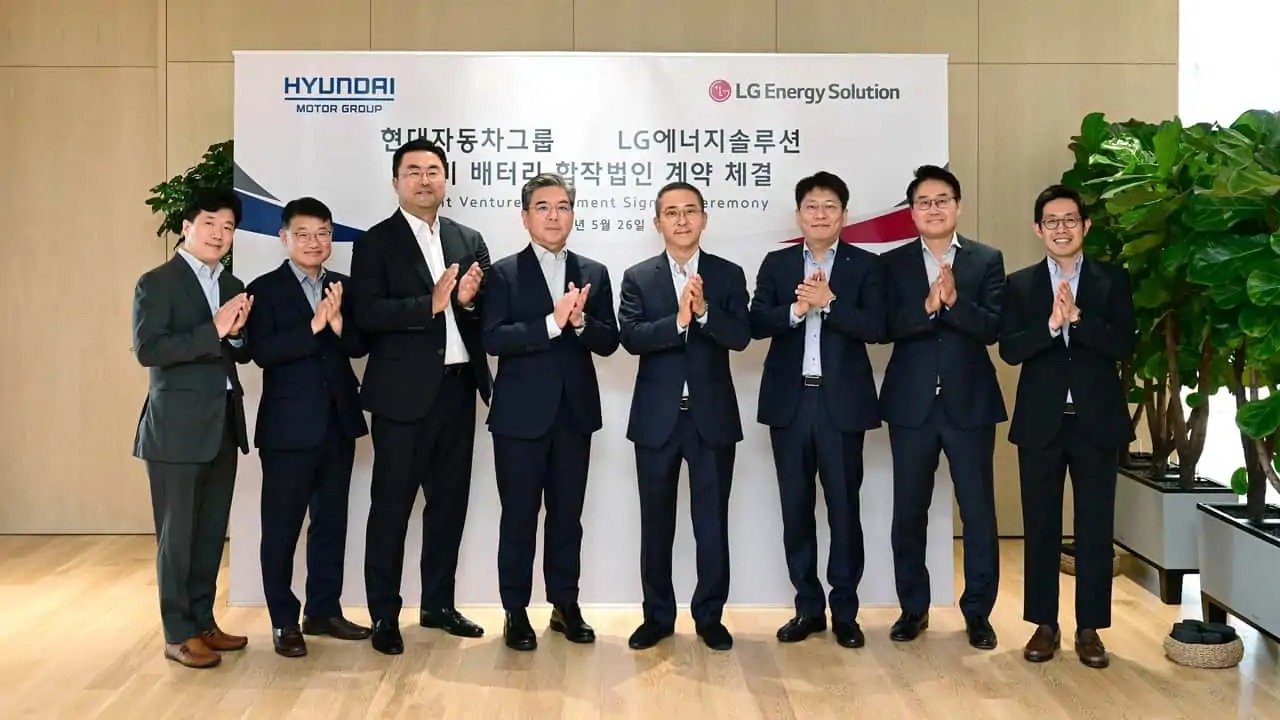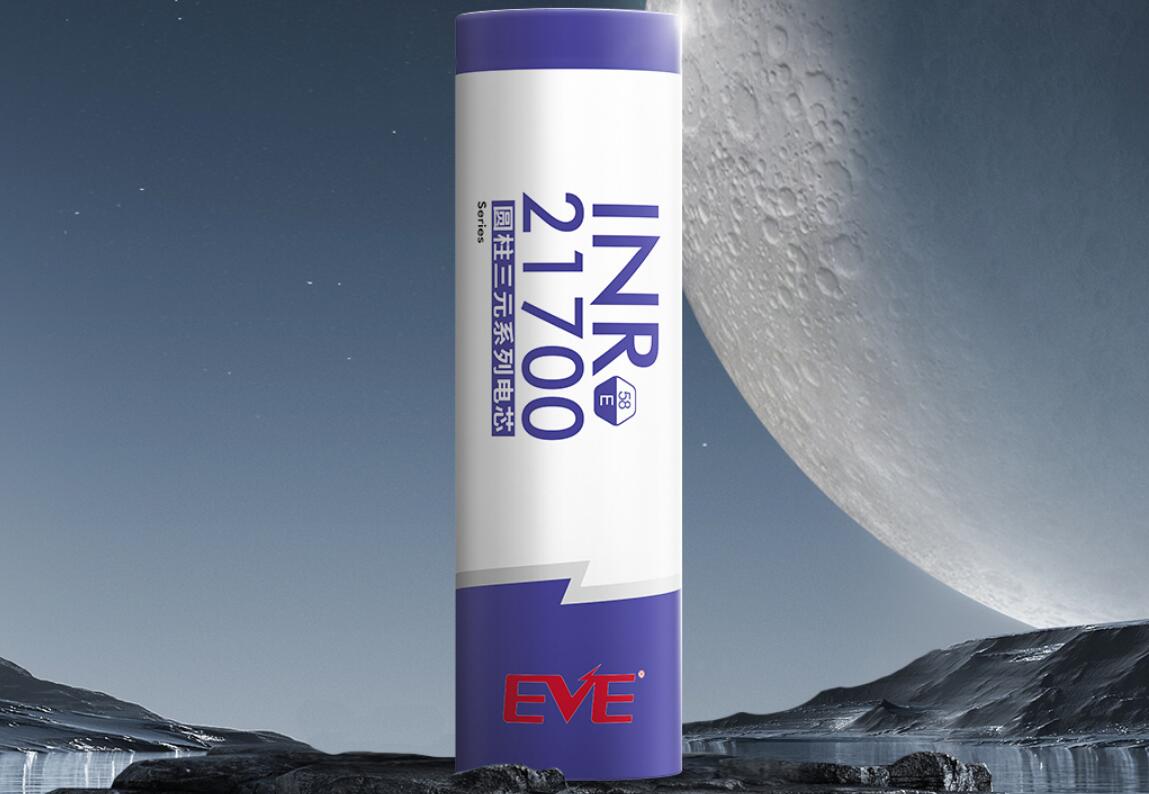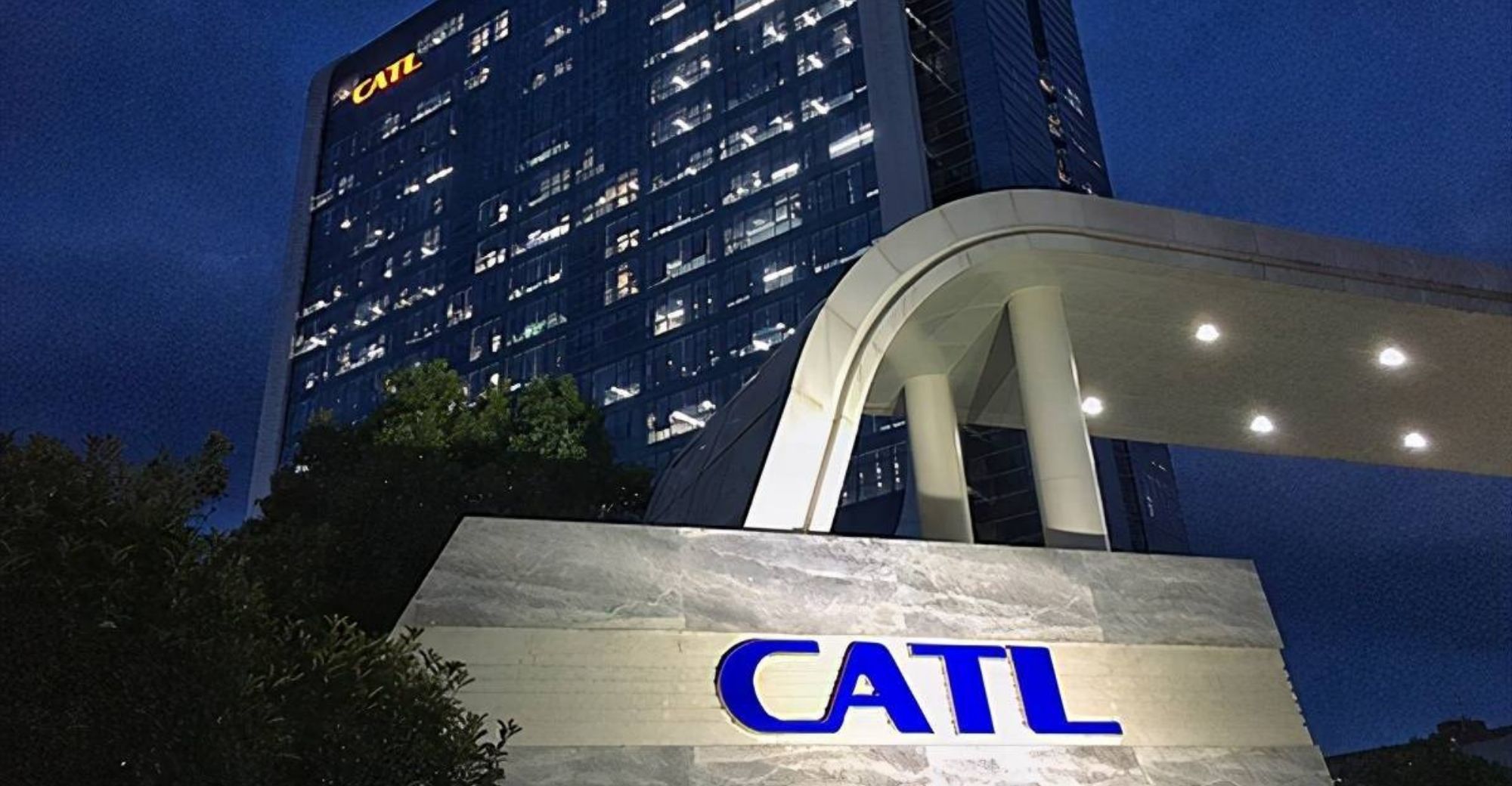Chinese startup, Greater Bay Technology, has recently made bold claims about its groundbreaking thermal management technology for automotive batteries. The company asserts that its innovative “Phoenix” battery cell can efficiently operate at both high and low temperatures, enabling electric vehicles (EVs) equipped with these batteries to achieve an impressive range of up to 621 miles (1,000 km).
According to reports from Bloomberg, the Phoenix battery cell incorporates superconducting materials that facilitate the implementation of advanced thermal management technology. This breakthrough allows for rapid heating of the battery cell from -4 °F to 77 °F (-20 °C to 25 °C) in just five minutes, significantly enhancing charging and discharging efficiency.
Huang Xiangdong, co-founder and chairman of Greater Bay Technology, addressed the common issue of reduced EV range in cold regions, stating, “We all know the range of EVs is greatly affected in cold regions, making it a terrible user experience. The Phoenix battery not only addresses the long charging time for EVs but other pain points. It doesn’t matter if it’s a hot day or a cold day, the Phoenix battery’s range won’t be affected.”
Cold temperatures have been known to adversely impact the performance of electric vehicle batteries, leading to decreased efficiency. In certain EV models, driving range can be reduced by as much as 30 percent in temperatures ranging from 20 °F to 30 °F (-7 °C to -1 °C). Greater Bay Technology aims to eliminate this range loss entirely with its revolutionary thermal management solution.
While the prospects of the Phoenix battery cell are promising, it will still take some time before it can power vehicles on the road. The company plans to initially install these batteries in future vehicles manufactured by Aion, a subsidiary of Guangzhou Automobile Group Co. (GAC). However, Greater Bay Technology also intends to collaborate with other automakers to incorporate its advanced battery technology into their vehicles. Once implemented, vehicles equipped with the Phoenix cell will be capable of achieving an impressive range of 621 miles (1,000 km) per charge.
Greater Bay Technology emerged as a separate entity from GAC in 2020 and has since gained significant attention from investors, being labeled a “unicorn” startup valued at over $1 billion. This valuation is primarily attributed to the success of its first-generation fast-charging battery technology, which aims to match the refueling speed of a conventional gasoline tank.
According to the company’s estimates, their first-gen fast-charging cells can recover a range of 311 miles (500 km) in just 15 minutes, given that the charging infrastructure can deliver sufficient power to the EV. Notably, the Aion V Plus electric SUV already utilizes this battery technology, showcasing its practical application in real-world vehicles.

